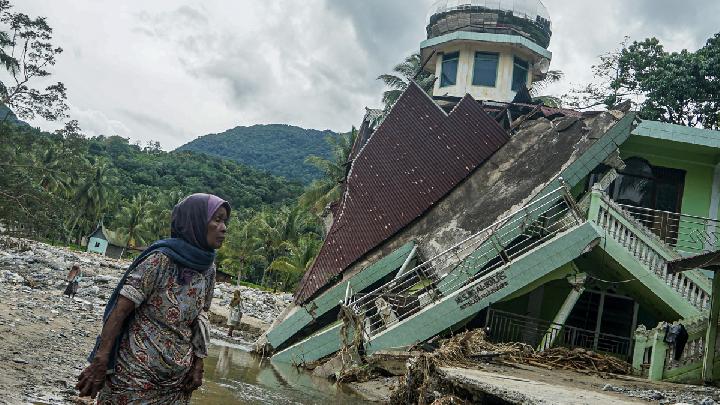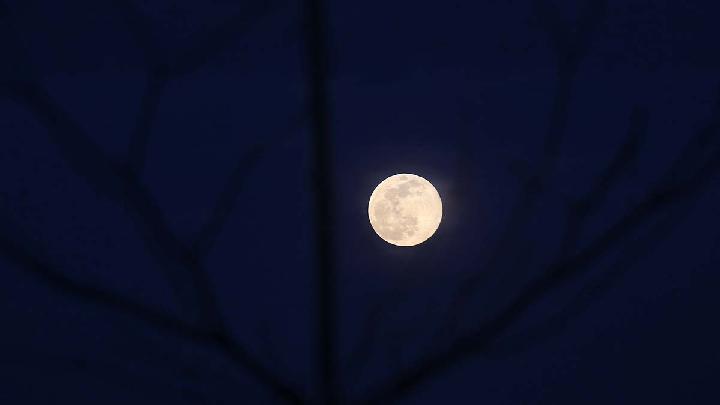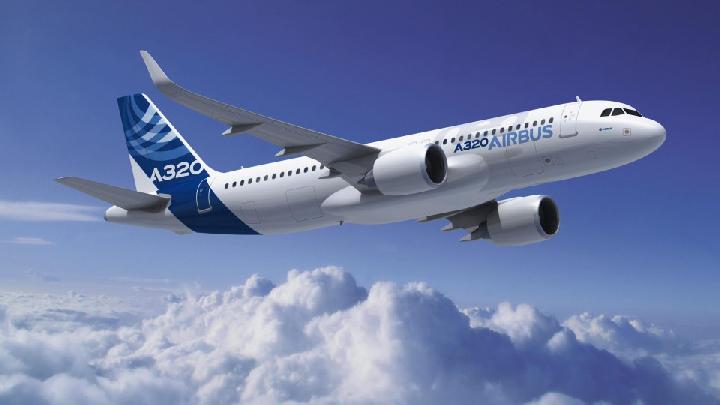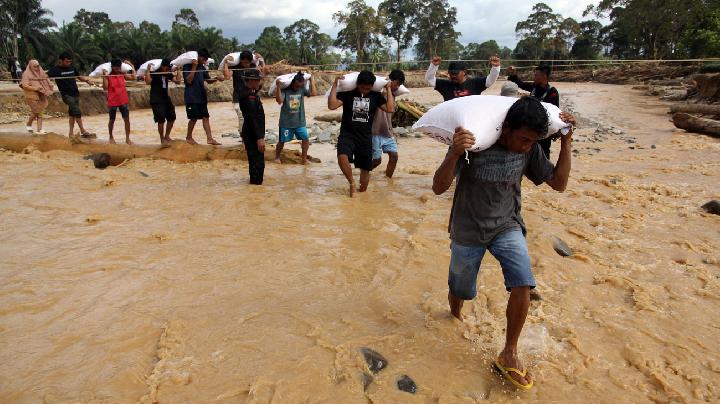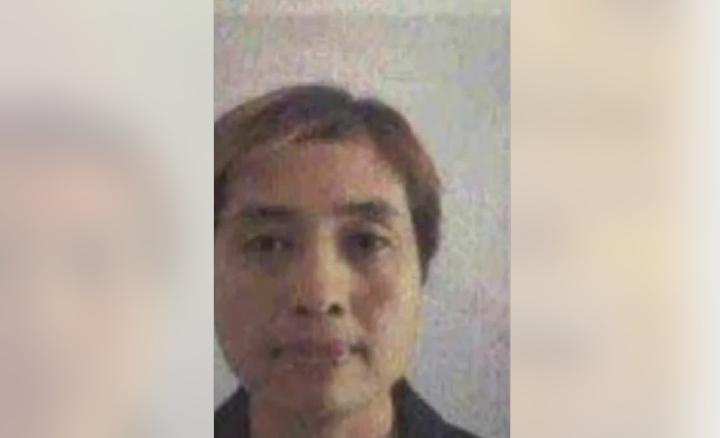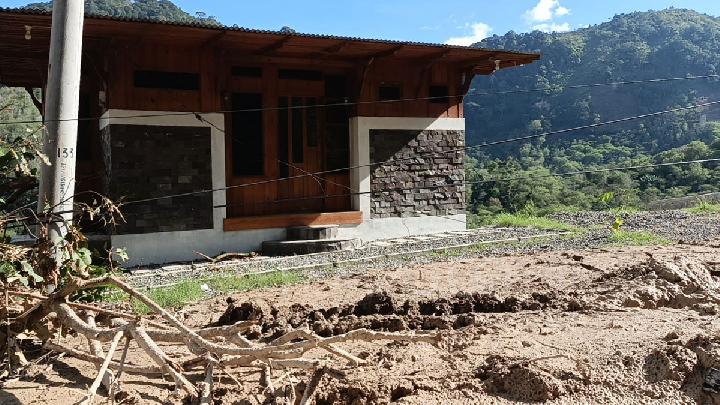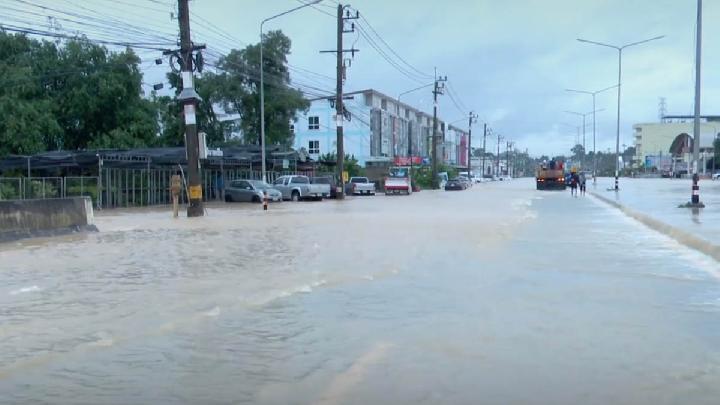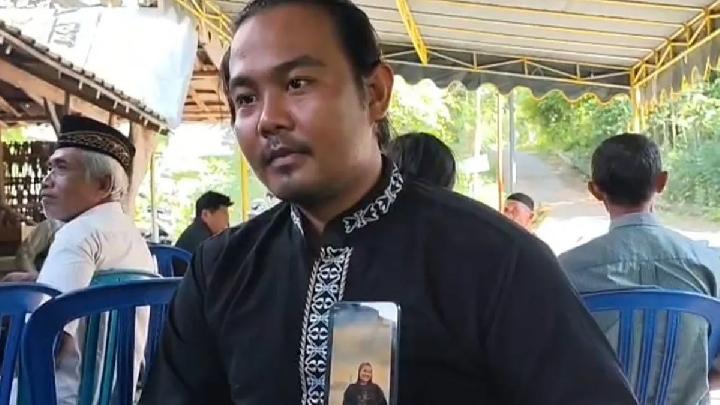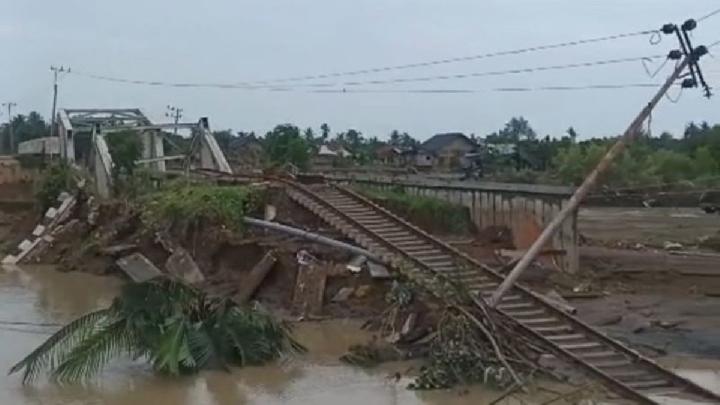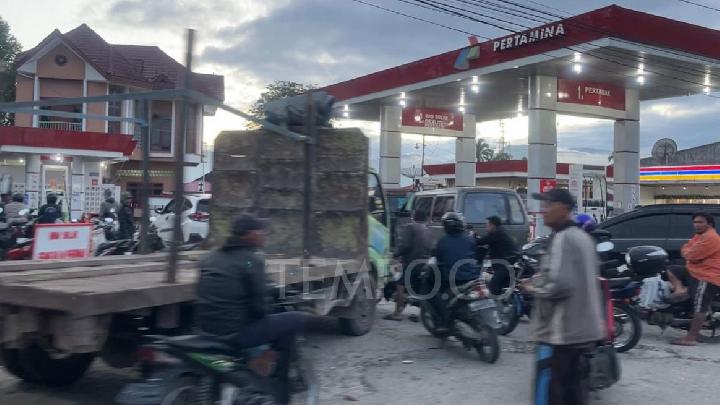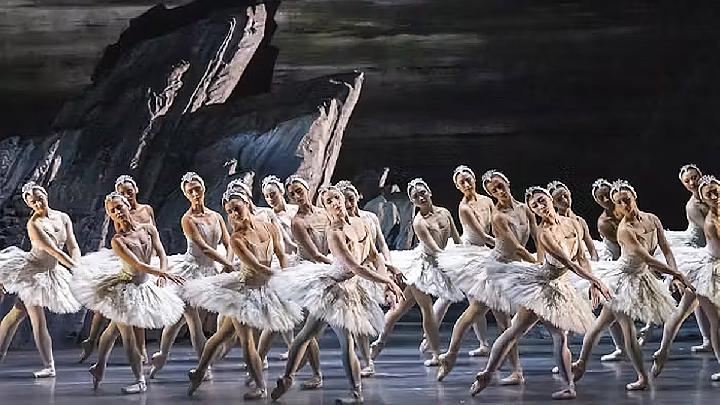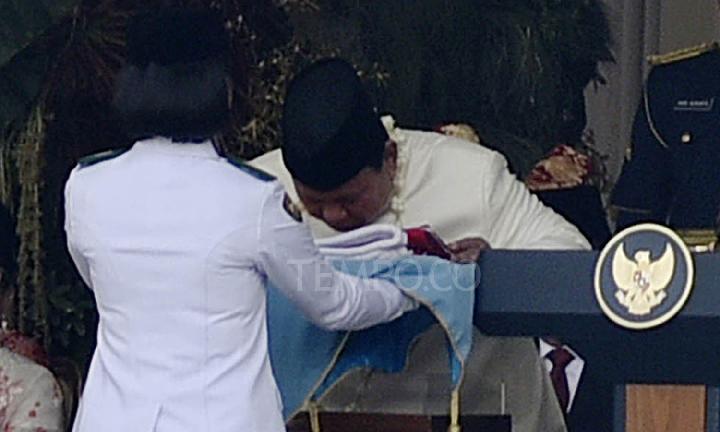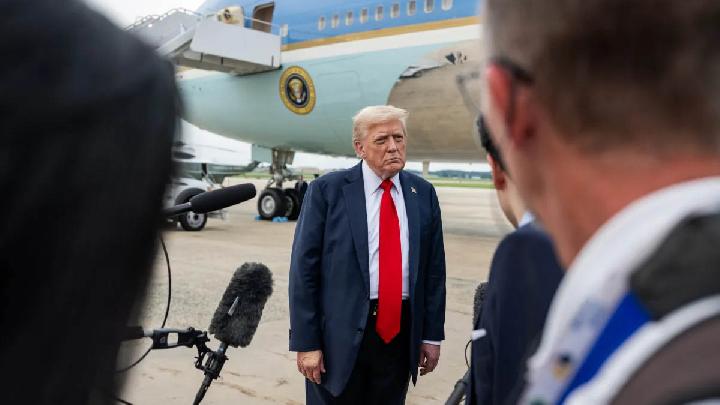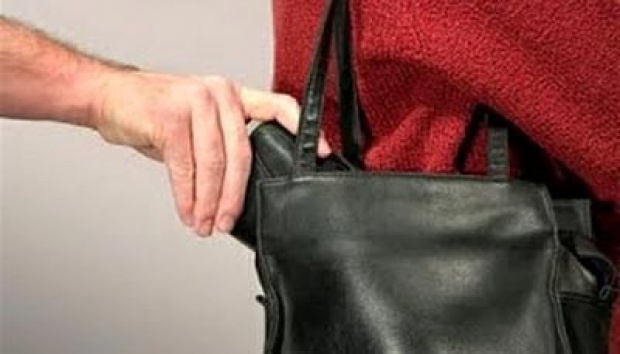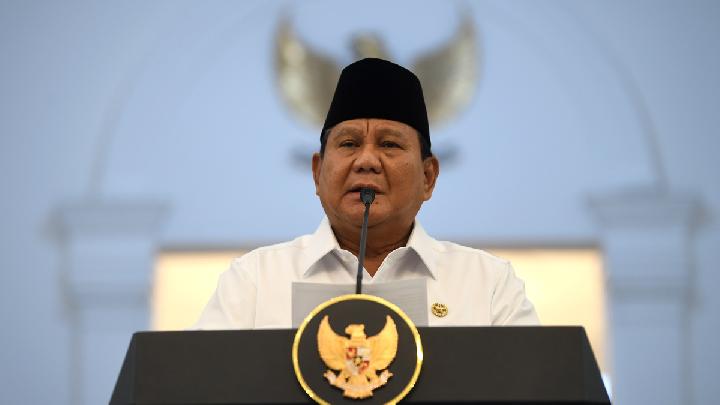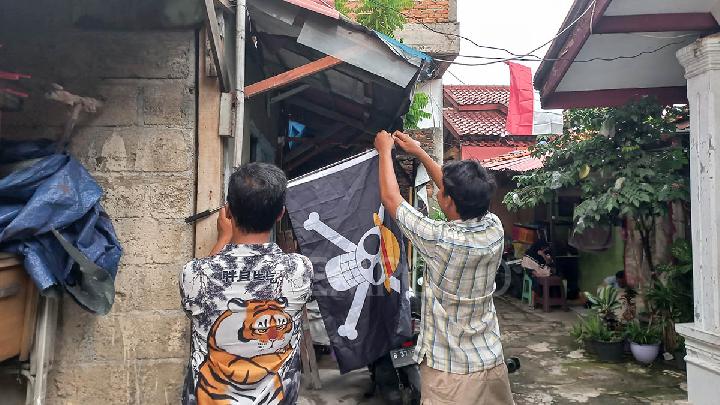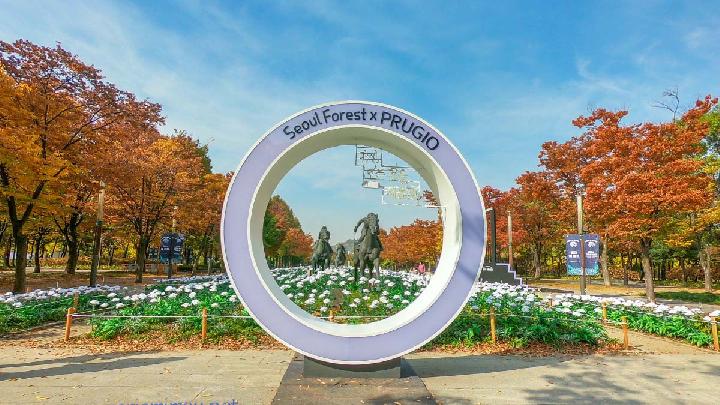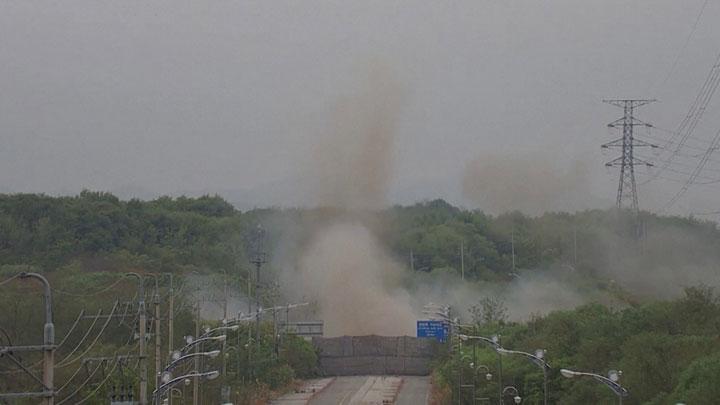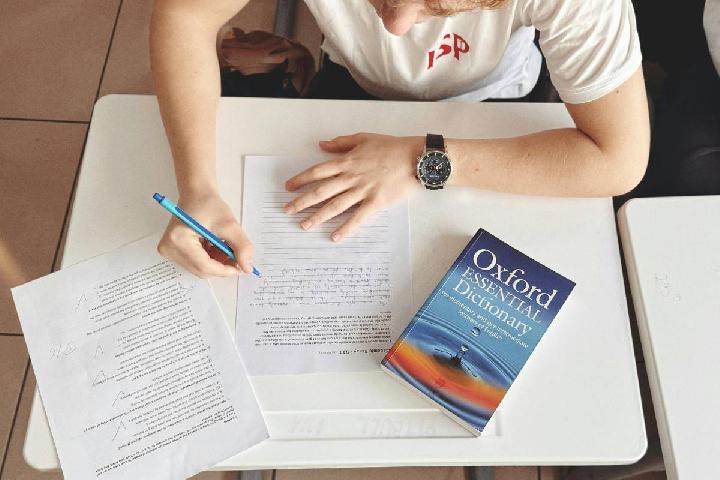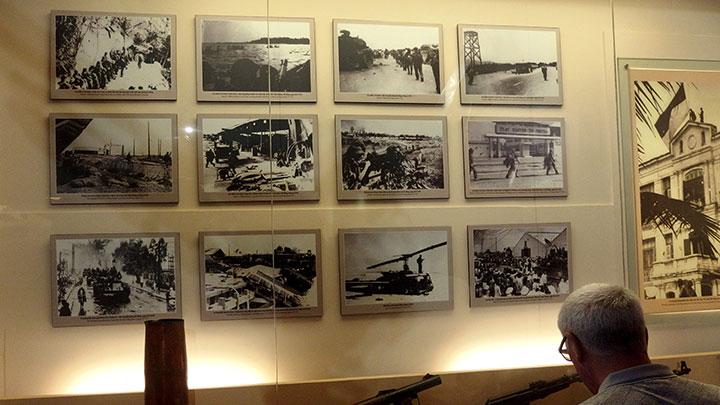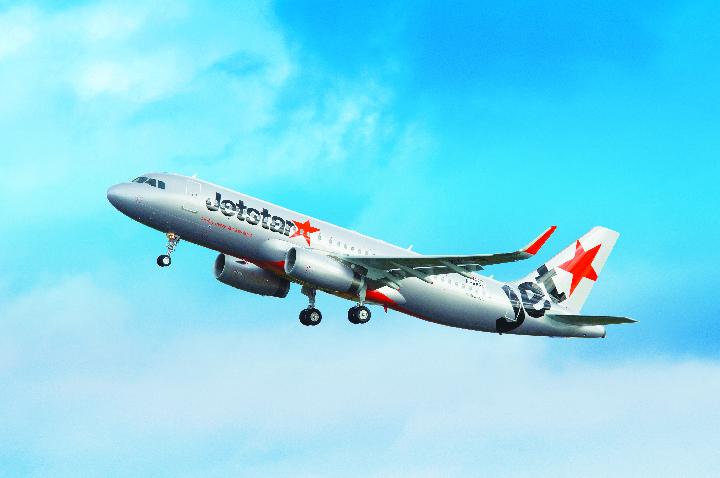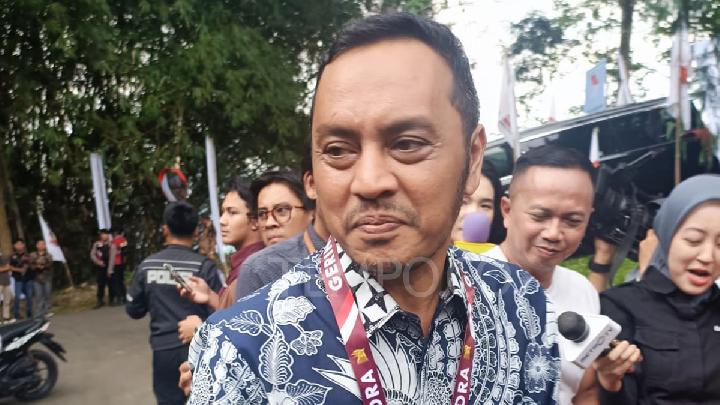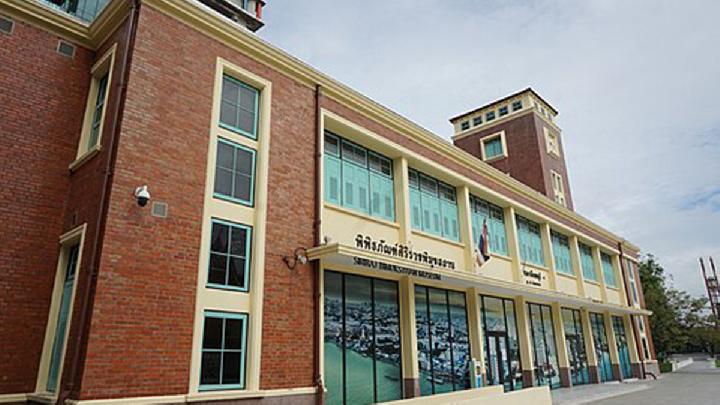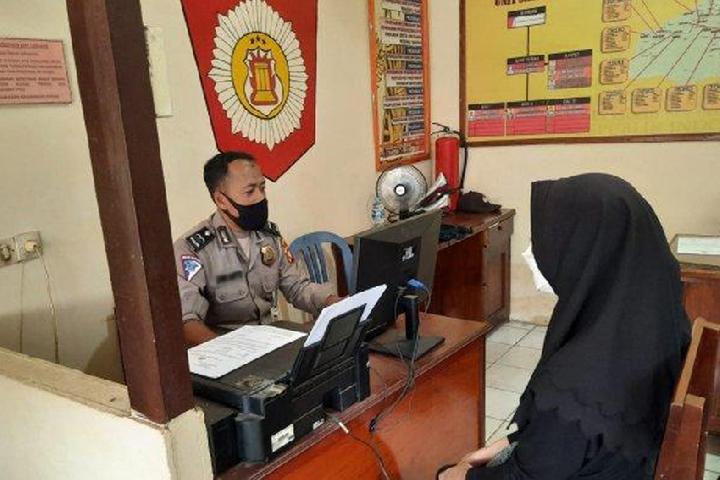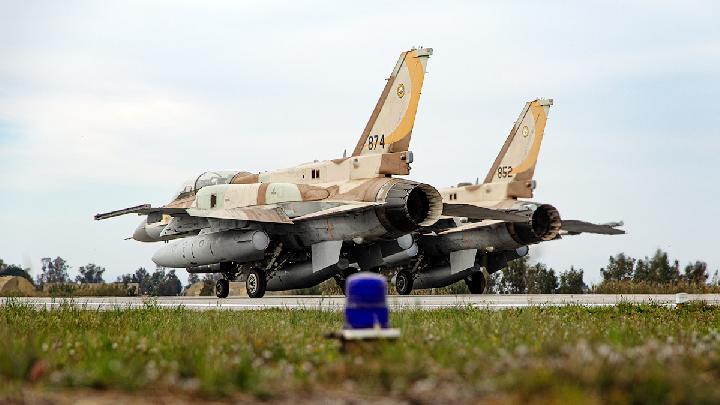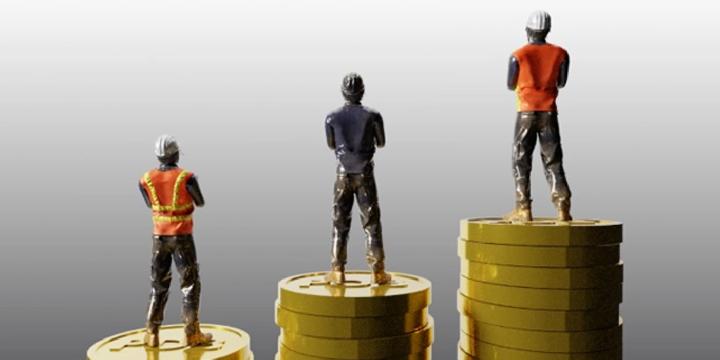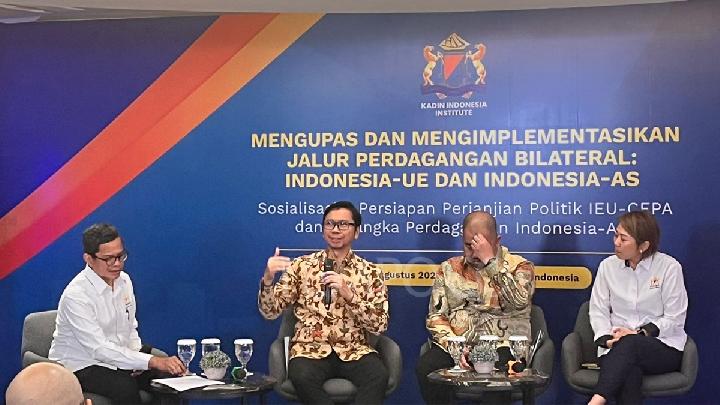TEMPO.CO, Jakarta - Imagine crowded sidewalks and heavy traffic in New York City, United States. Pedestrians squeeze past street vendors as they rush to their destinations. The sound of sirens mixes with the sudden honking of cars.
Now, add world leaders and diplomats, along with hordes of journalists, lawyers, and security personnel. Every September, the bustling east side of Midtown Manhattan becomes even busier as it hosts the United Nations General Assembly.
New York temporarily becomes an international political hub when presidents, prime ministers, and royalty gather at the UN headquarters to deliver opening remarks at the UN General Assembly.
This year, the event took place amid heightened security concerns in the U.S. following the killing of right-wing commentator Charlie Kirk and escalating global outrage over Israel's actions in Gaza.
Lanes have been closed off in eight city blocks surrounding the UN complex, creating restricted zones accessible only to authorized personnel.
Hundreds, even thousands, of armed local and federal law enforcement officers have surrounded the area, ensuring that no one can approach the UN General Assembly without prior permission.
Due to these restrictions, many locals have expressed a mix of apathy and frustration towards the annual meeting, informally dubbed the World Cup of Politics, to Al Jazeera.
Ugur Dikici, who manages a fruit stand opposite the UN headquarters, commented that hosting global leaders in your neighborhood might sound cool, but getting stuck in a two-hour traffic jam is no fun, as he told Al Jazeera.
Dikici added that the event also impacts his business; tourists and delegations do not buy as much fruit and vegetables as residents, who might be reluctant to shop due to the crowd.
However, he said that making New York a global platform is still worthwhile. "You can deal with three, four days once a year. It’s fine," he said.
"Global Ambitions"
Al Arabiya reported that on Tuesday, the UN General Assembly brought more than 150 world leaders and their entourages to Midtown. This event has been likened to hosting a Super Bowl every day for a week across the neighborhood.
The event has been designated a National Special Security Event, the same classification as the presidential inauguration, triggering a mobilization of the entire government.
Accessing the UN headquarters during the general debate requires navigating a labyrinth of checkpoints.
Delegations, visitors, staff, and journalists are distinguished by different badges, allowing them access to specific areas but not others.
Inside the UN headquarters' underground, flashing screens monitor every corridor and garage. Phones ring incessantly. Mechanical voices disrupt the din: "Card denied." Operators barely look up as they sound alarms and record movements, part of the machinery that steers New York through its most complex security operation each year.
Even within the UN complex, certain buildings and floors have airport-style security checks.
The East River, which borders four main UN buildings, is also under surveillance.
Only police boats and a dozen U.S. Coast Guard vessels are visible on the water at any time. Ferries, cruise ships, or commercial vessels are not allowed.
The authorities have declared the waters a security zone restricted for most vessels during the assembly.
Thousands of New York police officers have been deployed. Federal air marshals, Coast Guard cutters, and SWAT teams are also in place.
Hundreds of black-armored Chevrolet Suburbans are parked in warehouses, while the U.S. Secret Service has booked accommodations equivalent to 30,000 hotel nights for its agents.
For a week, First Avenue in Manhattan and the streets around the UN will function more like heavily guarded corridors for presidents, prime ministers, and kings rather than city blocks.
The Secret Service leads the plan.
"This is the biggest security event of the year for us," said Matt McCool, the special agent in charge of the Secret Service's New York field office. With his square jaw and glasses, he looks like Clark Kent.
"Inauguration is another big one," he said. "But here you have 150-plus countries, plus their spouses, all in one place. That scale makes it unique."
McCool said planning for the UN General Assembly takes place throughout the year, with the most intensive work in the last four months. Subcommittees delve into the details of motorcades, hotels, and security protocols.
Hundreds of SUVs and armored limousines are parked in warehouses on the outskirts of the city, awaiting the delegates. "It’s a huge logistical undertaking — hundreds of armored limos, thousands of hotel nights," he said. "You have to see it from the inside to understand."
Despite its complex security arrangements, the event runs smoothly every year.
Occasionally, however, snags occur.
On Monday night, for instance, the motorcade of U.S. President Donald Trump blocked the path of French President Emmanuel Macron as he tried to reach the French embassy.
Video footage captured the French leader diplomatically negotiating with a police officer to allow him and his delegation through. "Guess what? I am waiting in the street because everything is frozen for you," Macron later told Trump over a mobile phone.
New York has hosted the event in the same location for over 70 years, and city leaders take great pride in that.
"The iconic UN sits near the East River [and] remains a symbol of not only peace but a symbol of hope," Mayor Eric Adams of New York said last week.
"And I’m proud to be the mayor of this city that would house this important conversation."
However, in his speech at the UN General Assembly on Tuesday, Trump belittled the international body, calling it nothing more than a purveyor of "empty words."
Dozens of protesters gathered outside the event to condemn the U.S. president. Paul Rabin, one of the demonstrators, said he hoped to show his support for the values underlying the UN's establishment, which he felt were being trampled by Trump.
"This is a city of people from all over the world," he said about New York.
"The international ideals are in alignment with the ideals of New York. And we want to call out people who are against the values that the UN and the United States are really founded on."
Despite the significance of the UN General Assembly, its impact on New York is limited to the neighborhoods outside the restricted area.
In this vast and densely populated city, the signs of the UN General Assembly start to fade within a few blocks of the UN complex.
With the world's attention focused on the summit, some of the 8.5 million city residents said they are more concerned about their daily struggles. Over 18 percent of New York City's residents live below the poverty line.
On Tuesday night, a young woman appeared frustrated upon discovering that her bus stop was barricaded within the security zone.
When asked about her feelings regarding the UN General Assembly being held in New York, she replied, "Because it stops traffic, I don’t care for it. I can’t get to my bus to go home. Now, I’ve got to find another route."
Editor's Choice: Is the United Nations Still Fit for Purpose?
Click here to get the latest news updates from Tempo on Google News

